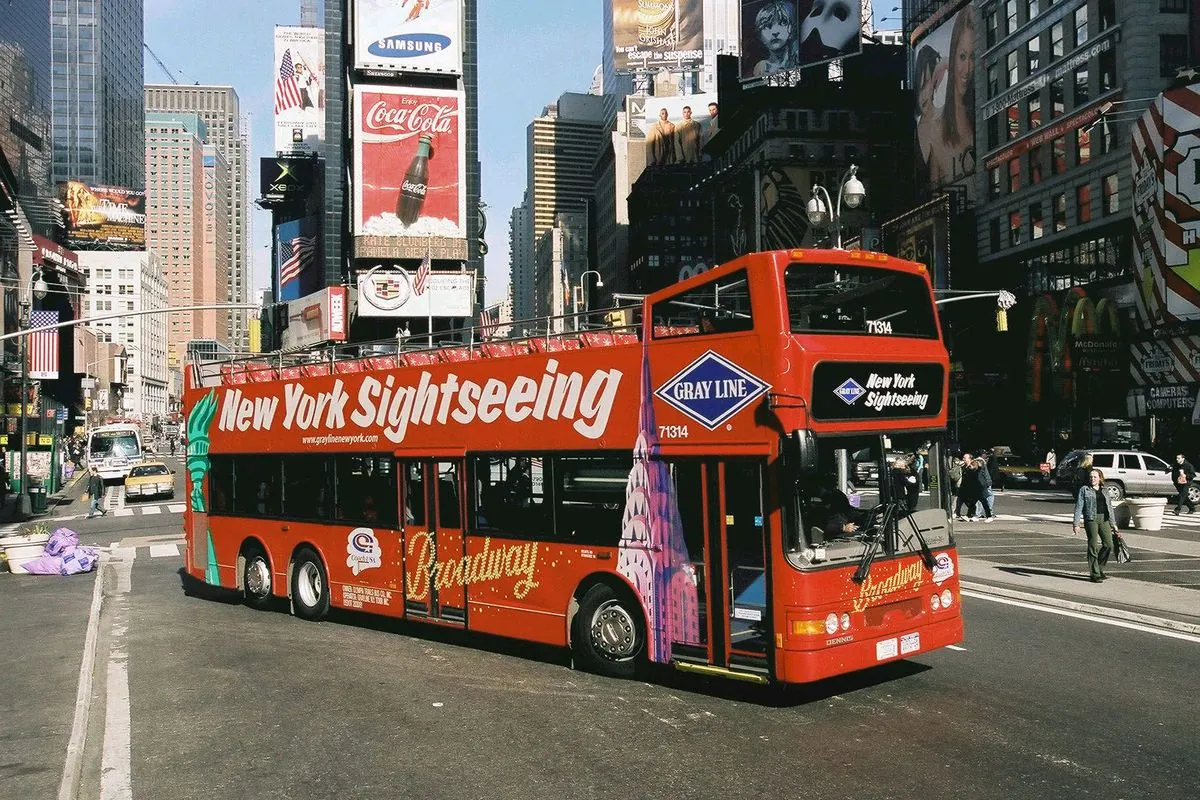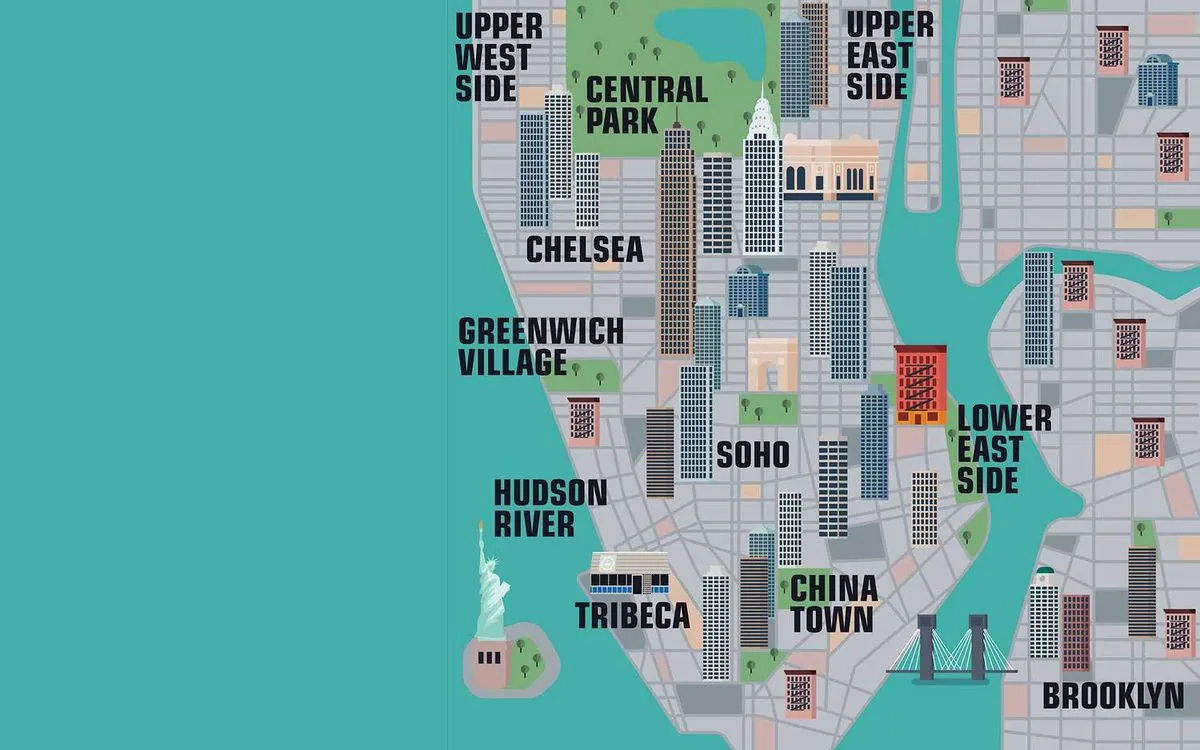Judge Dismisses Go New York Tours' Antitrust Lawsuit Against Rivals
A U.S. judge has dismissed Go New York Tours' antitrust lawsuit against competitors in the sightseeing bus industry. The case, alleging conspiracy to eliminate competition, was found too similar to a previously dismissed lawsuit.

In a recent development in the competitive world of New York City tourism, a U.S. judge has dismissed an antitrust lawsuit filed by Go New York Tours against its rivals in the sightseeing bus industry. The case, which alleged a conspiracy to stifle competition in the hop-on, hop-off bus tour market, was thrown out due to its substantial resemblance to a previously dismissed lawsuit from 2020.
U.S. District Judge Edgardo Ramos ruled against Go New York Tours' claims targeting competitors such as Gray Line New York Tours and Big Bus Tours Group. The lawsuit accused these companies of collaborating to prevent Go New York from competing effectively, thereby enabling them to charge inflated prices for "attraction passes" - bundled admissions to popular tourist destinations.

Go New York Tours, which operates the TopView branded fleet of over 40 double-decker buses since 2012, has stated its intention to appeal the decision. Maurice Ross, the attorney representing Go New York, expressed confidence in winning a reinstatement of the case.
The dismissal highlights the challenges faced by smaller operators in the highly competitive New York City tourism industry. With over 65 million annual visitors contributing approximately $70 billion to the city's economy, the stakes in the sightseeing sector are significant.
The judge's decision was based on the principle of res judicata, which prevents the relitigation of claims that have been previously decided. Ramos noted that the new lawsuit, filed in 2023, contained "nearly identical factual allegations" to the 2019 case that was dismissed with prejudice.
One new element in the 2023 lawsuit focused on a 2020 agreement between Gray Line and Big Bus, where Gray Line agreed to sell tickets for Big Bus in exchange for a commission after ending its own bus operations in New York. However, Judge Ramos found that this arrangement did not support Go New York's claims of market monopolization or antitrust violations.
The case underscores the complex nature of antitrust law in the tourism sector. Since the first antitrust case heard by the U.S. Supreme Court in 1895, these laws have played a crucial role in maintaining fair competition across various industries.
While the judge has dismissed the current lawsuit, he left open the possibility for Go New York to present a revised argument demonstrating the alleged unlawfulness of the Gray Line-Big Bus arrangement. This leaves room for further legal developments in this ongoing dispute within New York's vibrant tourism landscape.
As the case unfolds, it continues to draw attention to the competitive dynamics of the city's sightseeing industry, which has been a staple of New York tourism since the first bus tours began in 1926. The outcome of this legal battle could have significant implications for the future of hop-on, hop-off bus tours and attraction passes in one of the world's most visited cities.


































